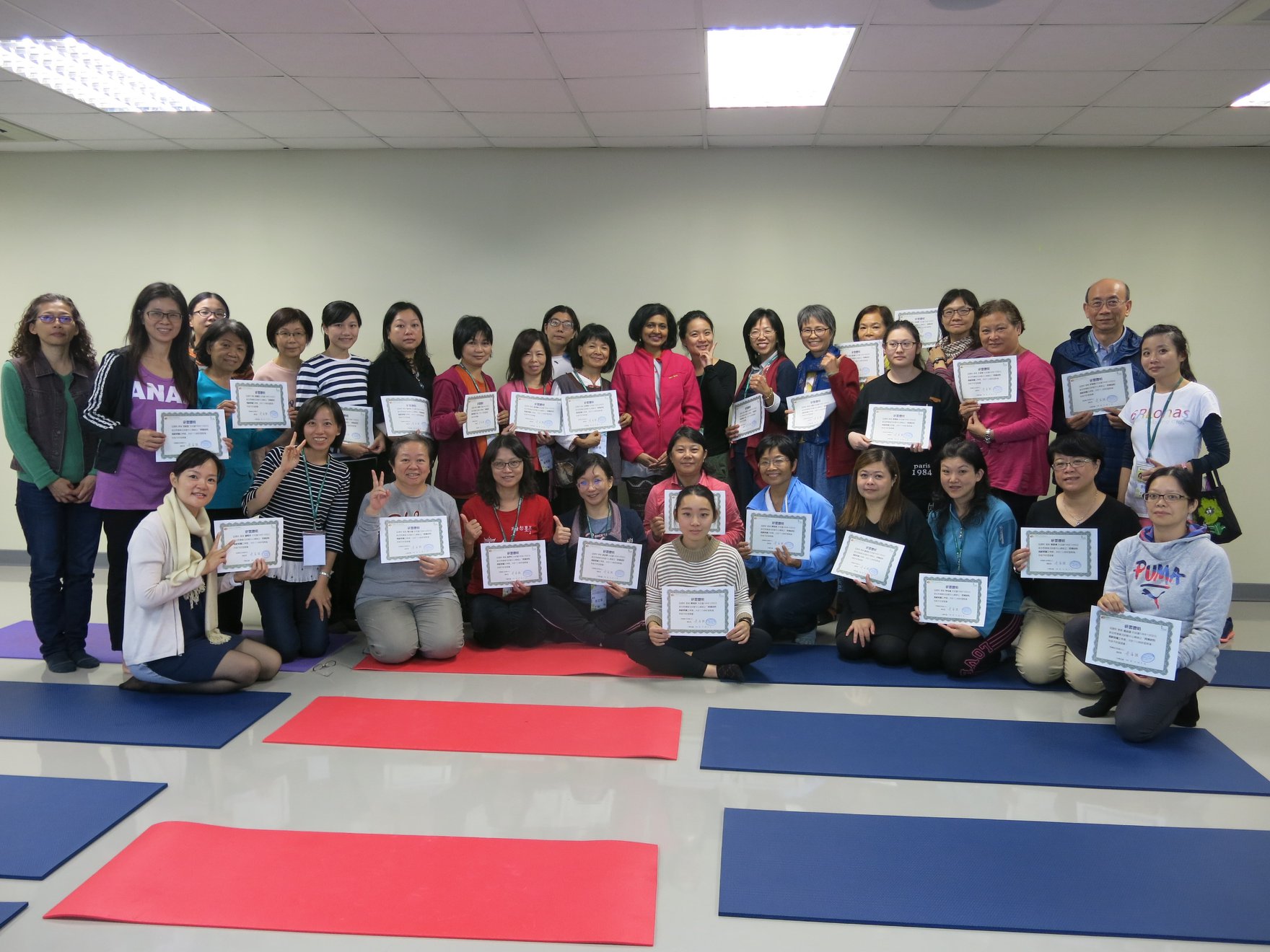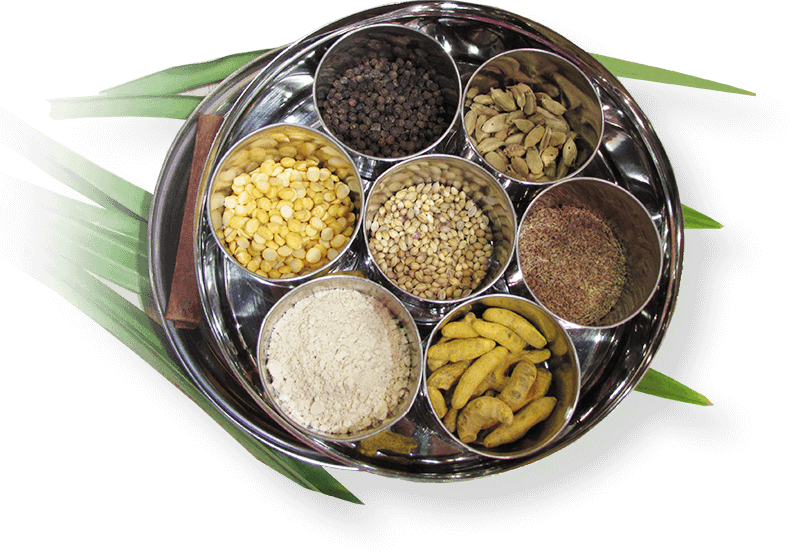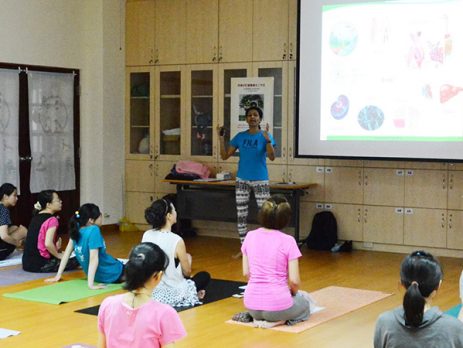Certification Program
- Home
- Certification Program
- ADLC (Ayurvedic Diet & Lifestyle Counsellor)
Ayurvedic Diet & Lifestyle Counsellor (ADLC)
In order to join the ADLC, students must complete the Ayurveda Foundation Workshop (AFW)
According to Ayurveda, all of us pursue various goals in our lives. It could be financial, personal, family, educational, spiritual and so on. In order to attain any goals, you must have health as an overarching principle to attain any goals in life.
A person who has a balance of all 3 Doshas (Vata, Pitta, Kapha), a balance of digestion, a balance of body dhatu (tissues) and whose malas (urine, faces and sweat) are eliminated properly and whose inner spirit, senses and mind remain in equilibrium is considered truly healthy.

Ayurvedic Diet and Lifestyle Counsellor (ADLC) Program
The ADLC program is designed specifically to help you understand the foundational principles of Ayurveda which includes the Panchamahabuta and the doshas – Vata, Pitta, Kapha. The Panchamaha buta, also known as the 5 Great States and dosha (Vata Pitta and Kapha) are the building blocks of Ayurveda upon which everything else (diet, lifestyle, treatment, herbs, daily and seasonal routine, and so on). At this program you will learn the theoretical principles as well as how to apply these principles to design a well-rounded diet and lifestyle for your family and friends.
According to Ayurveda one solution does not fit all. What is good for a Vata body type may not necessarily be good for the K body type. Eg garlic has excellent healing properties but is not necessarily good for a Pitta body type and in fact can cause more harm if consumed by a Pitta aggravated body. All herbs are neither good nor bad, they all are dependent on various factors.
Pre- requisite
Students must complete the Ayurveda Foundation Workshop (AFW) in order to join the ADLC program
Course outline
Panchamahabutha (5 States or Existence) and Dosha (Vata, Pitta, Kapha)
The Panchamahabutas (5 States ) and Dosha (Vata Pitta and Kapha) and their attributes (gunas) are the building blocks of Ayurveda and form the foundation of Ayurveda. Food, herb, lifestyle all are seen as dosha aggravating or pacifying. You will learn these basic principles first and how to apply them from and Ayurvedic perspective. Whether you are looking at the world from a Newtonian perspective or Quantum perspective this will concept will help you see the Universe (macrocosm) and your body (microcosm) in its entirety.
Prakriti and Vikriti Analysis
Body types are a unique concept in Ayurveda is known as Prakriti. Everyone is unique and you have your own unique Prakriti which will then determine which food, lifestyle or treatment is best for you. That is why Ayurveda states that one solution does not fit all. What works for you may not work for someone else. When your body state becomes imbalanced, due to diet or lifestyle you could be in a Vikriti state which will require you bring it back to balance. Everyone is a unique individual body and the body types has to be assessed and known in order to design a specific diet or lifestyle program. You will learn how to identify Prakriti of your body and your family and friends’ body. This in turn will assist you in designing diet and lifestyle programs for each of them.
Dhatu (Tissue) and Mala (Excretion) and Srota (Channels)
The concept of Dhatu and malas are also covered in this course. Even though many English translated books refer to Dhatu as Body Tissue and Malas as Waste this is incorrect. Dhatu is that which holds the body together. Malas even though are excreted from the body they play a vital role in sustaining the body and therefore the term waste is inappropriate.
Agni (Digestive Fire), Ama (Undigested food)
Here you will learn what is Agni, the types of Agni, where and how it functions and their significance for nutrition. Closely related to the concept of Agni (digestive fire) is Ama (undigested food ) and Srota (micro and macro channels) as Ama (toxin) is formed when Agni does not function well which in turn blocks the srotas (channels) thereby leading the way to disease.
Ayurvedic Nutrition
Ayurvedic Nutrition is not about calorie counting or nutrients and is not just limited to food and water intake. Nourishing According to Ayurveda, Ahara is that which you consume into your body and includes breath, emotions and sensory perception. All these factors play a vital role in the nourishment of the body apart from agni. Ayurveda states that if your agni is not in a balanced state, then whatever you consume it will not necessarily nourish your body. In this section you will learn the difference between Ayurvedic nutrition and conventional nutrition and how to customise nutrition using local food.
Dravya Guna (Properties of Herbs)
This is also known as Ayurvedic Pharmacology. Dravya can mean any substance and in this context, we will be studying Ayurvedic Herbs. We will study the basic concepts of Dravya (Qualities, Action, Potency, Taste and Post Digestive Effect). These are 5 important tools to understanding a Dravya and how these dravya affect or has an effect on Dosha, dhatu, mala, agni and ama. This will give a good foundation and help you understand which quality dravya one should eat, which taste is good for your body type or balancing your prakriti. Study of this is study of pharmacology. You will also learn 20 spices and herbs available in your kitchen.
Ayurveda and the Mind
When defining health, Ayurveda does not stop at body but also includes a balanced mind. Ayurvedic study includes a branch known as Manasa Roga or Imbalanced Mind and an imbalance mind can lead to an imbalanced body and vice versa. Recent science is now increasingly recognising the importance of mind in the body’s health. According to Ayurveda food can either nourish or starve your mind. In this module, you will learn the Yogic concept of the understanding the Mind, the qualities of mind (Sattva, Rajas and Tamas) and some basic food, herbs and lifestyle that can enhance your mind bearing in mind your body type (Prakriti) This section will cover the lifestyle aspect of creating a balance.
Case Studies
You will learn how to design a complete diet and lifestyle plan for your family and friends. You will also learn how to modify the plans based on changes to circumstances.
Certificate will be jointly issued by the Ayurveda Association of Singapore and Ramaiah Indic Speciality Ayurveda Hospital.




